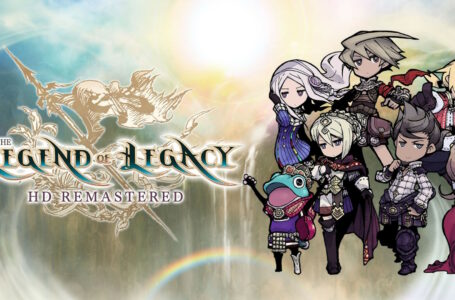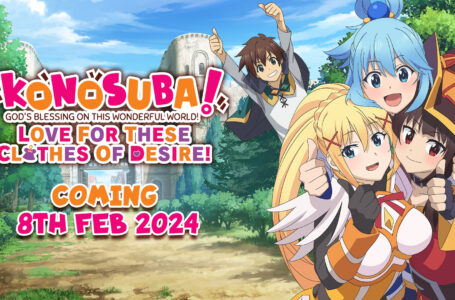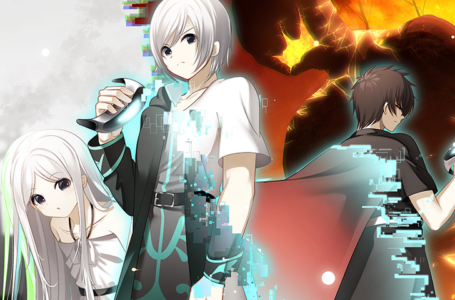The Longest 5 Minutes: the RPG, distilled
I, like doubtless many of you reading this, am, at the time of writing, eagerly awaiting the arrival of Final Fantasy XVI, which will be my next “big” gaming project. And, as is often the case during situations like this, I found myself in between “big” games but keen to play something new. With that in mind, I found myself seeking out shorter experiences, and eventually settled on Nippon Ichi Software and Destiny Connect developer SYUPRO-DX’s The Longest 5 Minutes, originally released for Vita in 2016 and ported to Switch in 2018.
This is one of those games that had been on my shelf for absolutely ages, and which I had been putting off forever. I think I’d been working on the assumption that it was, despite the title, a reasonably lengthy RPG. It is not; I got through the entire thing in a single day (albeit a single day of not doing much else). This is by no means a bad thing; in fact, I think it very much works in The Longest 5 Minutes’ favour. But we’ll come on to that.
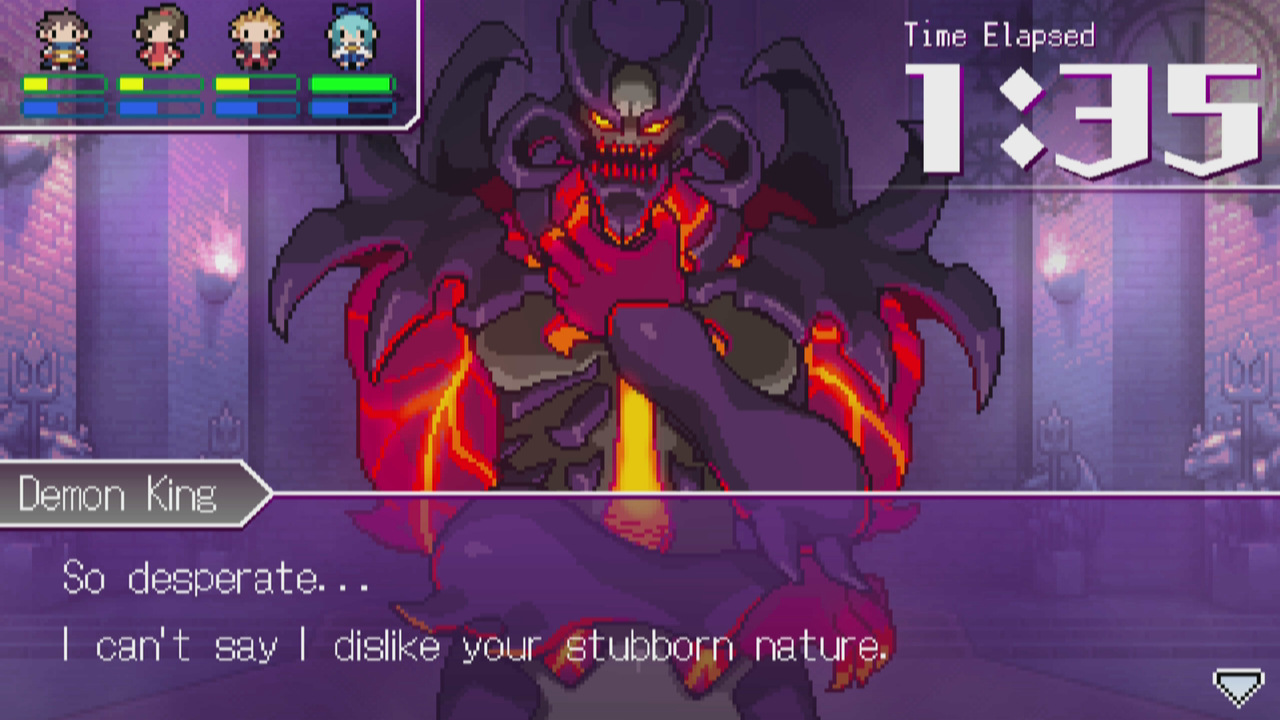
For the unfamiliar, The Longest 5 Minutes is a game that opens with the final boss battle. Our hero Flash and his friends Regent, Yuzu and Clover are battling the Demon King in an attempt to save the world… but suddenly Flash realises that he’s forgotten everything: the reason he’s fighting in the first place, along with everything that has led up to this point — and, perhaps most crucially given the circumstances, all of his special abilities.
What then follows is a series of flashbacks triggered by various things the Demon King and Flash’s companions say to him, as the latter encourage him and gently guide him towards remembering, while the latter taunts him in an attempt to get a satisfying battle out of him. The whole game canonically unfolds over the course of five minutes, with the implication that the memories are coming so thick and fast that Flash’s whole life is flashing before his eyes as he stares death in the face.
This interesting narrative framework means that while The Longest 5 Minutes superficially resembles an RPG in terms of visuals, structure and mechanics, it’s not really one. Rather, each memory that you explore alongside Flash is a self-contained adventure with its own specific objectives, and any of the more “RPG” elements, such as items owned, character stats and equipment and the amount of money you have, reset with each new memory encountered.
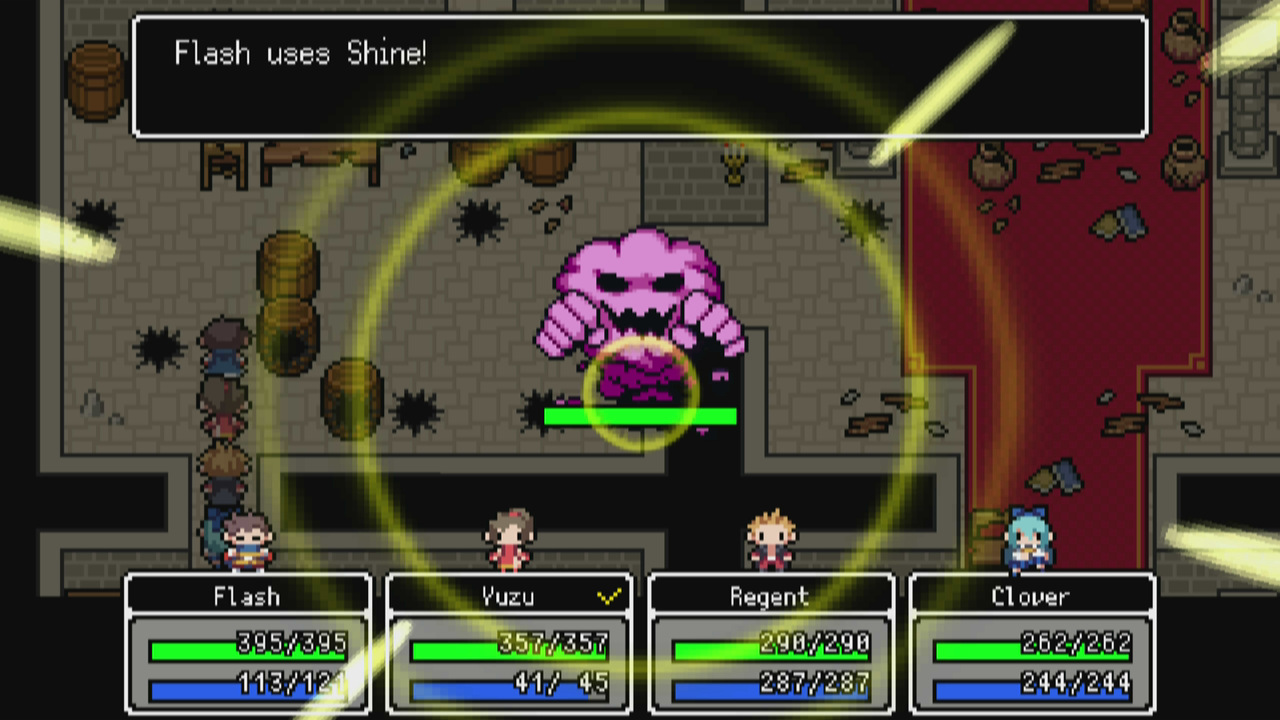
There is a minor exception to that; Flash has a “reexperience” level that grows as you progress through the game and accumulate experience within his memories. This allows him and his party members to become relatively stronger throughout the various memories you explore, gradually making your life a bit easier as the game goes on. The game as a whole is not particularly difficult — with the possible exception of the final boss battle — but this aspect adds some mechanical interest to what could have been easily presented as a straightforward linear story.
Within each memory, Flash usually has a major objective to complete, which denotes a major step in his journey with his friends, and one or two optional objectives that grant bonus “reexperience” upon completing the chapter. Because these are made explicit to you right from the beginning of any new scenario — and important “quest characters” are always clearly marked — there’s none of the fluff that a lot of “real” RPGs have; you generally know exactly what you need to do at any given moment, so there’s little need to go off the beaten track if you don’t want to, and certainly no need to ever grind.
It is worth exploring to a certain degree, however, because there are lots of incidental NPCs around the game world, most of whom have interesting things to say and help the world feel nicely fleshed out and have a very distinct atmosphere to it.
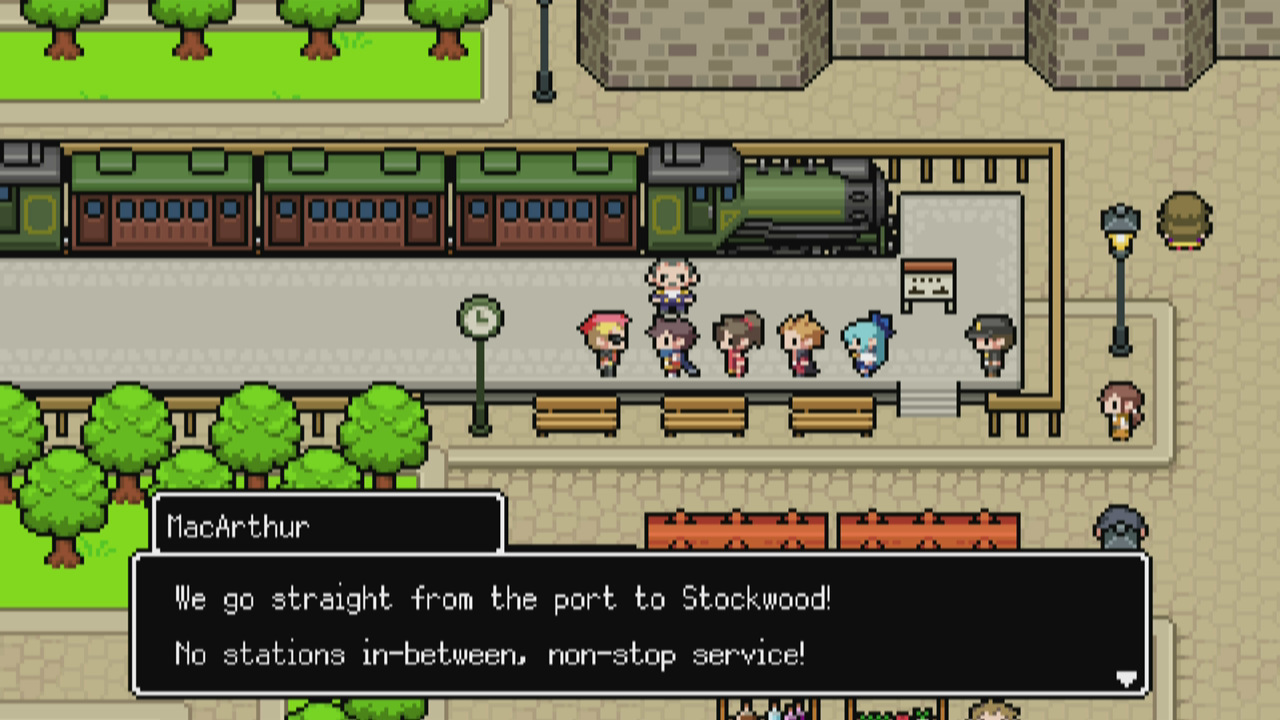
In terms of both presentation and overall “feel”, The Longest 5 Minutes is very clearly channelling the early Dragon Quest games — right down to the battle screen simply overlaying enemy sprites atop a faded-out field screen — and this very much works in its favour, helping the game feel convincing, immersive and involving rather than just like it’s “faking it” for the sake of a story.
The actual RPG side of things, although fairly easy throughout, works well. None of the dungeons you explore over the course of the story are half-assed, with several of them actually presenting some quite formidable navigation puzzles to contend with. There are plenty of optional treasures to find, too — and the game’s structure means that it’s eminently worth making good use of these rather than saving them up and never using them.
The whole experience has the feel of distilling an RPG down to its absolute bare essentials — and it works. The story as a whole has an immensely satisfying arc over the course of its entire duration, culminating in a dramatic finale with three possible (and highly emotional) outcomes. And by the time you’ve been through the entire game, you don’t feel like you’ve been through an experience that has been in any way “rushed”; there’s very much the feeling that an entire Hero’s Journey has very much taken place, it’s just taken a little less time than it might normally do.
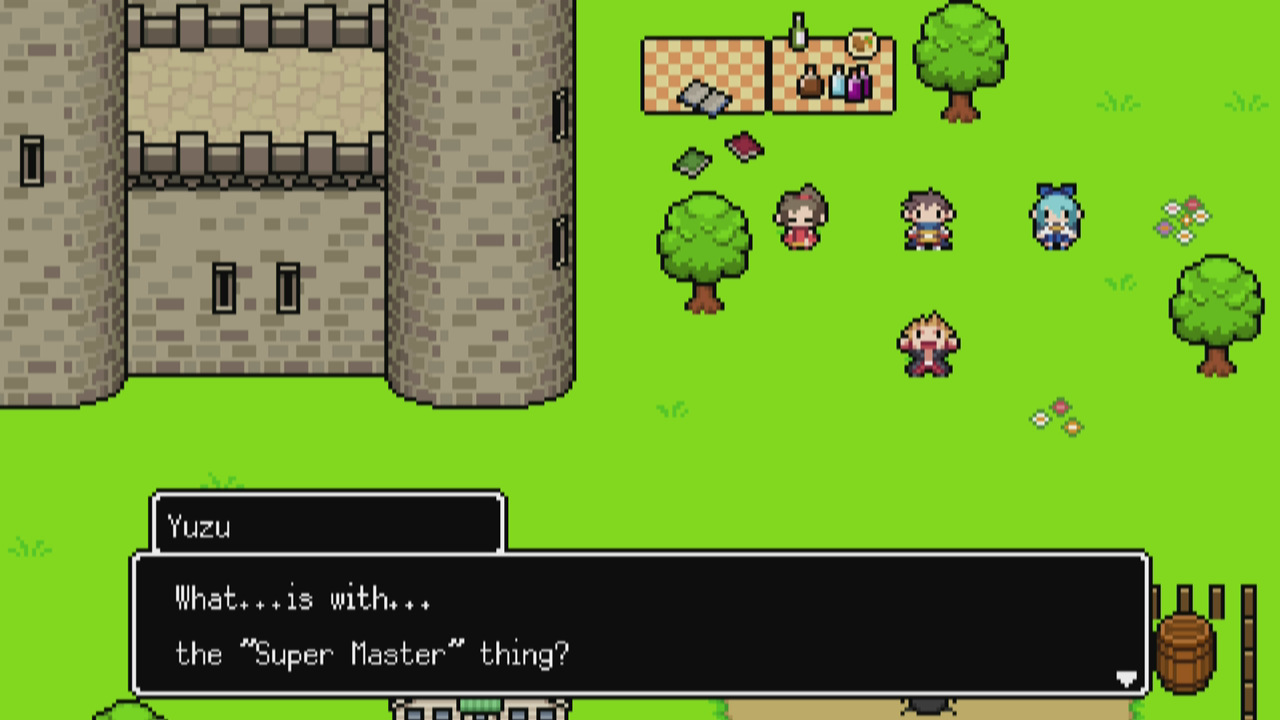
The best testament to the effectiveness of The Longest 5 Minutes’ approach is the sense of attachment you will almost certainly develop towards the main cast by the end of the game. Although presented as nothing more than low-resolution, dumpy little pixel art sprites for the majority of the game, each of the four characters are delightfully well-realised, and the way in which they interact with one another is an absolute delight.
The dialogue is snappy, well-written and witty without being self-referential or ironic. Although some regard The Longest 5 Minutes as something of a parody of role-playing games, it really isn’t; the game’s story takes itself seriously throughout without ever feeling like it’s rolling its eyes at the conventions and tropes of the genre (of which it takes in numerous) but also has plenty of time for light-hearted moments between the characters.
There are a couple of elements that could have been explored a bit further — the character Regent, for example, makes a big deal out of not wanting to be a wizard and instead wanting to be a bard at the outset of the game, but over the course of the game as a whole acts as one of your two main magic casters anyway — but on the whole, the moment-to-moment interactions between the characters are simply wonderful.
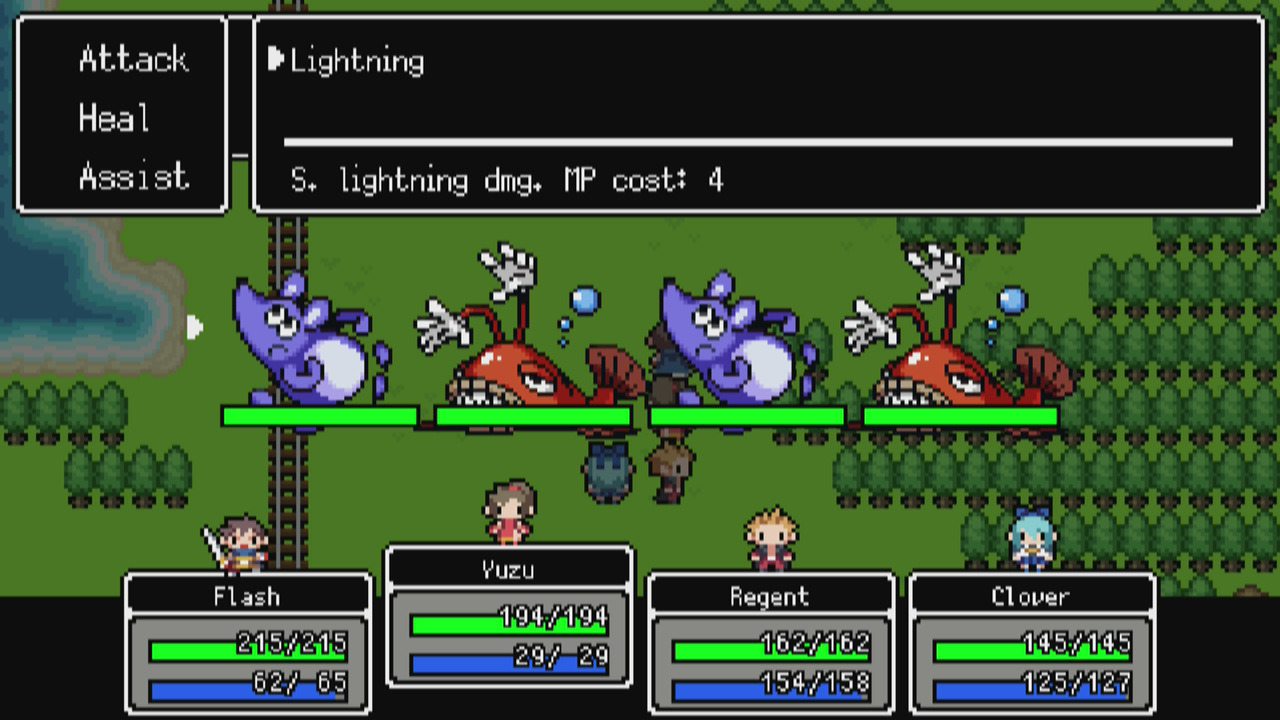
Some of the memories even offer the opportunity to branch off in different directions and spend time with different characters. A “date” scene sees Flash pairing up with one of the other three party members and getting up to some sort of shenanigans, with a touch of implied possible romance along the way — though by the end of the game it’s clear that there are absolutely some “canonical” romances at play, regardless of how much you might find yourself shipping certain pairings.
For me, the sign of an RPG… no, a game I’ve really enjoyed is whether I feel like I will “miss” the characters once it’s time to say goodbye to them. And that’s definitely true for The Longest 5 Minutes. Even though I spent so relatively little time with them — both in the “real” world and in the game itself — they felt like honest-to-goodness friends and comrades by the end of everything, and the “best” ending was a wonderful way to wrap up all of their stories.
So if you’re in the mood for something that looks and feels a bit like an RPG but isn’t really, and which you can easily beat in the space of a few days at most, The Longest 5 Minutes is an eminently worthwhile use of your limited time on this Earth. Just don’t expect to come out of the experience with dry eyes; the latter moments in particular go pretty hard on the emotions!
The Longest 5 Minutes is available now for Windows PC via Steam, Nintendo Switch and PlayStation Vita.
Join The Discussion
Rice Digital Discord
Rice Digital Twitter
Rice Digital Facebook
Or write us a letter for the Rice Digital Friday Letters Page by clicking here!
Disclosure: Some links in this article may be affiliate links, which means we may earn a small commission if you make a purchase after clicking on them. This is at no additional cost to you and helps support Rice Digital!
- Letter from the Editor: passing the torch - June 30, 2023
- Super Woden GP 2 is looking promising - June 30, 2023
- Inti Creates is making a 32 bit-style Love Live action platformer - June 26, 2023




